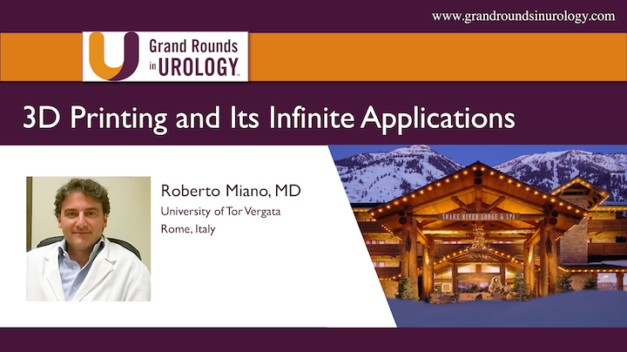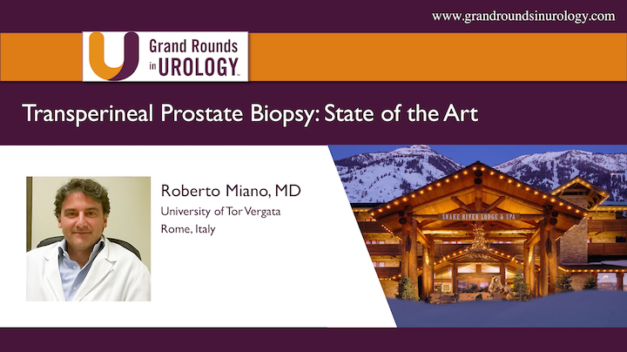3D Printing and its Infinite Applications
Robert Miano, MD, discusses 3D printing and its vast potential uses, ranging from the food industry to building new organs. He covers the technology’s history, focusing on different uses for the technology and highlighting its role in urology. He then introduces the iTrust and the FutUrology projects, which will concentrate on innovative urologic technology, such as 3D printing and machine learning.
Read More

